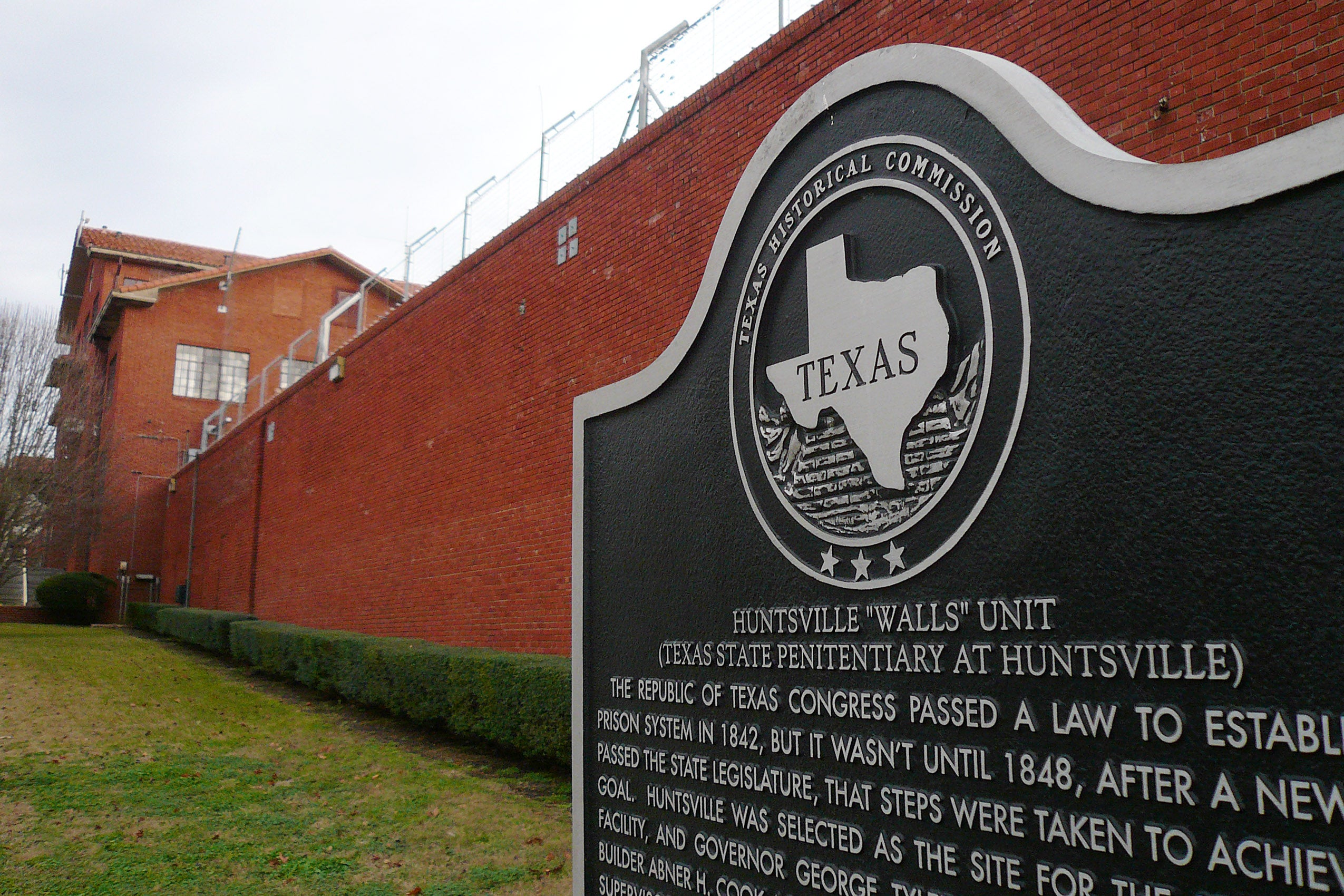Does a person being executed by the state have a right to be touched — or prayed to — by his minister as he is dying?
That is the somber question at the heart of Ramirez v. Collier, a 5th Circuit case originating from Texas, which the Supreme Court of the United States has agreed to hear this October term. Oral arguments are slated to be heard on November 9.
Josh McDaniel, director of Harvard’s Religious Freedom Clinic, which collaborated on an amicus curiae, or friend of the court, brief in support of petitioner John Henry Ramirez, says the case centers on Ramirez’s requests for religious accommodations during his execution, and which have so far been refused by the state of Texas — in violation of his rights, Ramirez and the clinic argue.

Joshua C. McDaniel is director of the Harvard Law School Religious Freedom Clinic.
Ramirez, who was convicted of murder in Texas and sentenced to death in 2008, became a member of Second Baptist Church while incarcerated, and the church’s pastor, Dana Moore, began ministering to him in prison in 2016. After a series of failed appeals, and with his execution date approaching, Ramirez requested religious accommodations from the state — specifically, as part of his religious faith, he asked that Moore be permitted to lay his hands on Ramirez and vocally minister to him as he dies. The state of Texas, while agreeing to allow Moore into the execution chamber itself, has said it will not allow him to touch Ramirez, nor sing, talk, or whisper during the execution, for security reasons.
The Court is being asked to decide two basic issues, McDaniel says. “Can the minister, in the final moments of death, engage in audible prayer, singing, or talking of any kind as part of that ministering? And also, can the minister physically touch the condemned? Is it appropriate for the state to prevent the minister from doing either of those things?”
McDaniel says Ramirez is calling on the Court to affirm his rights under the Free Exercise clause of the First Amendment, which protects the ability of citizens to carry out their religious beliefs without governmental interference. “Ramirez’s argument is that as part of his Baptist faith, one of the last rites that he wants to be administered to him is something akin to the Catholic practice of ‘viaticum.’ As part of that process, his minister needs to be able to lay hands on his shoulder and utter an audible prayer for him as he dies,” McDaniel says.
Ramirez also contends that Texas’s policy violates the Religious Land Use and Institutionalized Persons Act (RLUIPA), a law Congress passed in 2000 to buttress religious liberty for prisoners, among other concerns.
“In enacting RLUIPA, Congress asserted that prisoners have a fundamental right to exercise their religion when they enter the prison doors,” says McDaniel. “It also established a fairly stringent burden that prisons need to meet if they want to deny a requested religious accommodation.”
Because RLUIPA demands a high level of scrutiny of an institution’s restrictions on an individual’s religious practice, McDaniel says that for Texas to prevail, it must show that its rule against active ministering in the death chamber both furthers a compelling governmental interest and is the least restrictive means of achieving that goal.
Texas, for its part, argues that its restrictions on a minister’s actions inside the execution chamber are necessary security measures, says McDaniel. In its reply brief, the state writes that it would allow Moore to actively minister to Ramirez in the days leading up to his execution — just not at the time of death. It goes on to say that its restrictions are not a substantial burden on Ramirez’s religious exercise, and that in his complaint, Ramirez had not identified another jurisdiction that accommodates requests such as his, suggesting that Texas’s policy was the least restrictive means of achieving its security goals.
According to McDaniel, Ramirez follows close on the heels of another Free Exercise case, Murphy v. Collier (2019). In that decision, the Supreme Court overturned a Texas policy allowing only state-employed Christian or Muslim chaplains into the execution chamber with the condemned. Instead, the Supreme Court held that the state was required to permit Murphy’s “Buddhist spiritual adviser or another Buddhist reverend of the State’s choosing” into the room with him.
“So now Texas allows the condemned to have a pastor of his choosing in the execution chamber with him, but still severely restricts what that pastor can do,” adds McDaniel. “It basically says the pastor can sit in the corner quietly, but can’t do anything else — they cannot minister to the condemned in his final moments.”
But McDaniel says that in conducting research for the clinic’s amicus brief on the case, two of his students, Tyler Dobbs ’22 and Kyle Eiswald ’23, found ample evidence that carceral institutions in America have long accommodated requests like Ramirez’s. “Tyler and Kyle sifted through hundreds of newspaper articles and historical accounts of executions dating back before the founding of the country, and much of their research made its way into our brief,” he says. “The research confirmed that there is a long history of states allowing clergy to not only be present at the execution, but to pray, stand on the gallows and give a sermon to onlookers, hug the condemned, or even hold the condemned’s hand right up until the final moments of the execution.”
That research, says McDaniel, lends credibility to the idea that the state of Texas could indeed find a way to safely allow Moore to minister to Ramirez in the way he has requested, thereby protecting his religious liberty without sacrificing its security concerns.
Although this case presents challenging issues, McDaniel — and his clinic — are hopeful that the Court will uphold Ramirez’s right to access his religious needs during execution. “RLUIPA’s statutory standard is very stringent, and it is a difficult burden for the government to meet,” he says. “We’re optimistic that the court will rule in his favor.”
